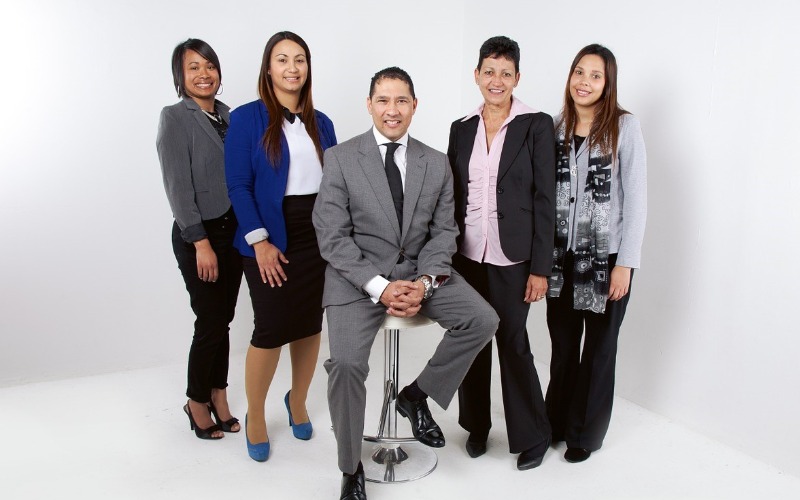Employees and management, from their experiences as consumers, are expecting greater service and easy access to information within their organisation. It’s about viewing the HR department as a service provider and that the organisation’s managers and employees are its customers.
Gone are the days of stable workforces, where HR worked in isolation from the rest of the business, processing pay and managing benefits. It needs to play a more strategic role to ensure the success of the organisation and managing the expectations of its workforce.
The HR function within an organisation is evolving from being a clearly defined, stand-alone function to one that collaborates closely with other parts of the business to deliver well-rounded HR and talent management processes.
Employees expect end-to-end workplace experiences, inspired by their experiences as consumers, whether it’s as simple as picking up a pay check to all the way thru to accessing education and learning, performance management or managing benefits. It’s becoming a critical underlying capability that HR functions need to have.
Heading for the cloud
Cloud based technology is crucial in building an organisation’s capability to deliver end-to-end employee experiences, particularly for knowledge workers who need social collaboration tools to share ideas and develop concepts. Cloud solutions cater for seamless, integrated and user friendly experiences for employees to interact with HR, whether it’s capturing a performance review, processing a transfer, or looking up a paycheck.
But they also allow the HR function to be more integrated with other areas of the business.
HR needs to interact with a wide range of disciplines (strategy, marketing, operations, workplace design) and with other functions in the business to provide seamless experiences. As workforces become somewhat more dynamic the HR function needs to able to drive a seamless employee experience to manage the expectations of employees and ensure the different skill requirements of the business are met.
Social media drives collaboration and the democratisation of work
Social media is increasingly being used to improve internal communications, build and share knowledge, improve team work and influence culture change within an organisation. “Social media is pervading the workplace and making it easier for employees to exchange information and ideas online. HR will need to play a vital role in helping build effective organisational cultures that support this”.

